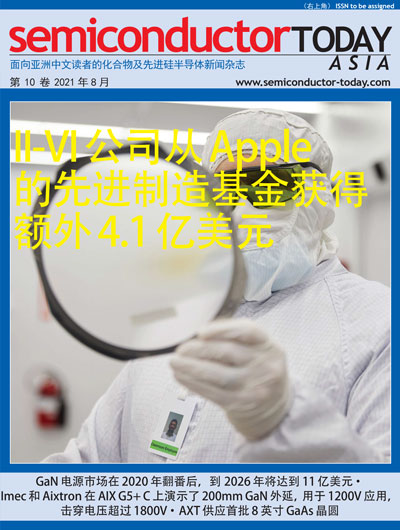- News
16 October 2012
Solar Frontier’s production plant receives ISO 14001 and OHSAS 18001 certifications
Tokyo-based Solar Frontier K.K. (a subsidiary of Japanese energy business Showa Shell Sekiyu K.K.) – the largest manufacturer of CIS (copper indium selenium) thin-film photovoltaic (PV) solar modules – says that its gigawatt-scale Kunitomi solar panel production plant has received ISO 14001 and OHSAS 18001 certifications after passing stringent audit processes.
As one of the foremost environmental management systems standards worldwide, ISO 14001 is designed to provide assurance to company management and employees as well as external stakeholders that environmental impact is being measured and improved. ISO 14001 sets standards of stewardship for the environment that also help to reduce the cost of waste management, save in the consumption of energy and materials, and lower distribution costs.
OHSAS 18001 is a British standard for occupational health & safety management systems that is also recognized globally. It helps organizations to reduce risks to personnel and put the right health & safety measures in place. The standard also helps firms to find ways to improve and maintain occupational health & safety systems.
These ISO and OHSAS standards are routinely required in numerous applications and projects involving solar energy, and by attaining these certifications Solar Frontier’s modules qualify to be included in such applications and projects. Both certifications are compulsory for projects in Italy to be eligible for the country’s feed-in tariff, in accordance with Italy’s 4th and 5th Conto Energia. Other countries such as the UK, France and Mexico are considering similar requirements.
ISO 14001 and OHSAS 18001 are also an essential part of Solar Frontier’s commitment to ensuring minimum impact on the environment and maximum safety of its employees.
Solar Frontier also meets appropriate standards set by Japan Electrical Safety and Environment Technology (JET), International Electrotechnical Commission (IEC), Underwriters Laboratories (UL), and the EU Restrictions on Hazardous Substances (RoHS) directive. Certifications for salt and ammonia resistance performed by TUV Rheinland confirm the modules’ suitability for installation in coastal and agricultural areas.


